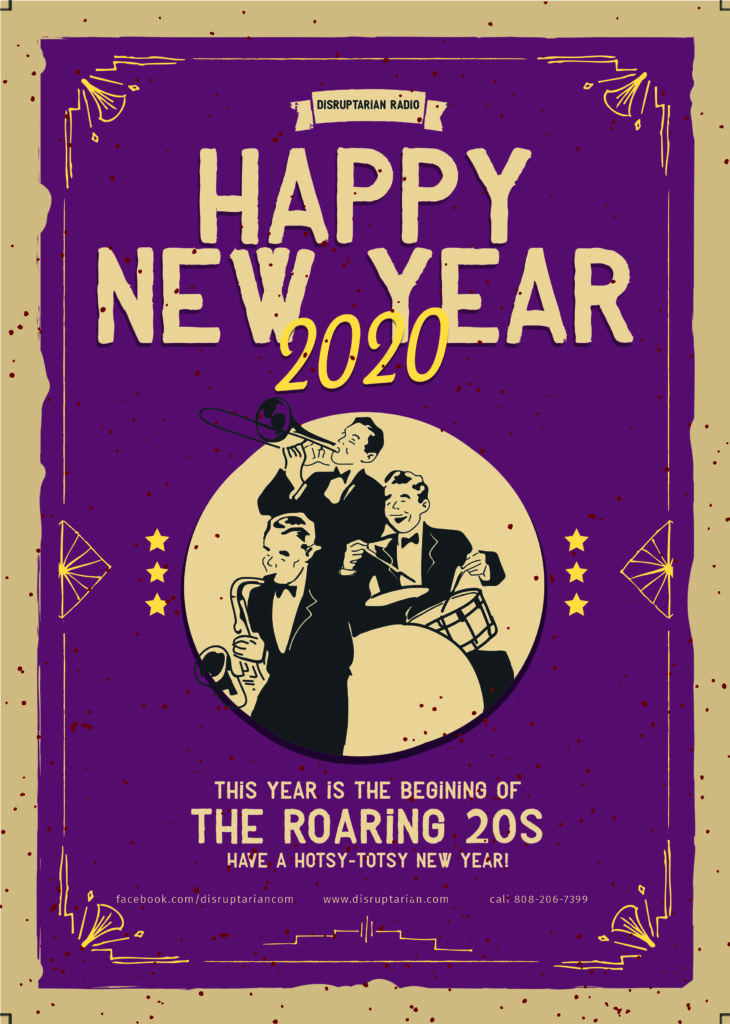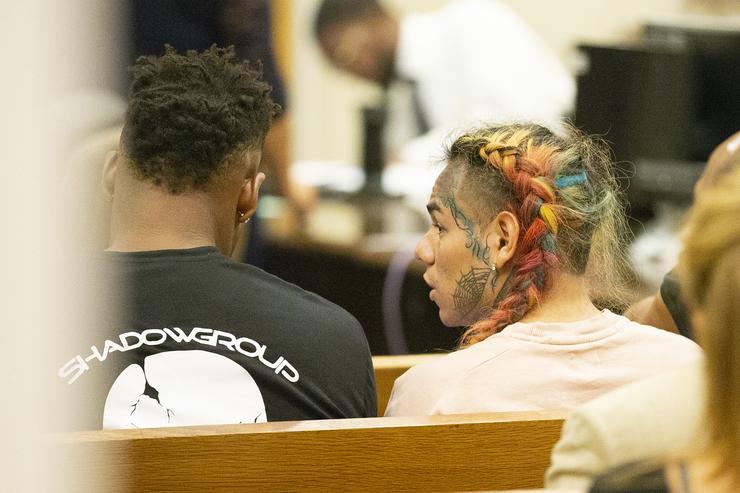From Rude Boys to Skinheads: The Joyous Evolution of Skinhead Reggae
The evolution of skinhead reggae is a fascinating journey that began with the emergence of Jamaican music and rude boy culture. With a unique blend of soulful melodies, upbeat rhythms, and socially conscious lyrics, skinhead reggae became one of the most popular sub-genres of reggae music. From its roots in Jamaica to its influence on British subculture, skinhead reggae has come a long way and continues to thrive. In this article, we’ll explore the rich history of skinhead reggae and how it lives on today.
The Roots of Skinhead Reggae: Rude Boys and Jamaican Music
Skinhead reggae owes its roots to Jamaican music and its connection to rude boy culture. Rude boys were a subculture of street gangs in Jamaica during the 1960s, who were known for their love of music and fashion. Their style was characterized by sharp suits, fedora hats, and polished shoes. They were also passionate about music, especially ska and rocksteady, which became the soundtrack to their lives. Rude boy culture was a response to the social and economic conditions in Jamaica at the time, which were marked by poverty, political turmoil, and gang violence.
Jamaican music, particularly ska and rocksteady, was the perfect expression of rude boy culture. Ska was a lively and upbeat style of music that reflected the optimism and energy of the Jamaican people. It featured a strong rhythm section, catchy melodies, and socially conscious lyrics. Rocksteady was a slower and more soulful style of music that emerged in the mid-1960s, and it became the dominant sound of Jamaican music. It was characterized by its smooth melodies and heartfelt lyrics, which dealt with love, relationships, and social issues.
The Emergence of Skinhead Culture and its Influence on Reggae
In the late 1960s, skinhead culture emerged in Britain as a response to the changing social and economic conditions in the country. Skinheads were working-class youths who were passionate about music, fashion, and football. They adopted a distinctive style that included short hair, boots, braces, and tight jeans. They were also known for their love of reggae music, which they discovered through the Trojan Records label.
Skinhead reggae became the soundtrack to the skinhead subculture in Britain. It was a unique blend of Jamaican music and British subculture, which reflected the rebellious spirit of the times. It featured a heavier, more bass-heavy sound than previous styles of reggae, and it dealt with themes of social justice, inequality, and racial unity. Some of the most popular skinhead reggae artists included Desmond Dekker, The Pioneers, and Toots and the Maytals.
The Celebration Continues: How Skinhead Reggae Lives On Today
Skinhead reggae may have emerged in the late 1960s, but its influence can still be felt today. It continues to be an important part of reggae music, and its themes of social justice and unity are more relevant now than ever. Skinhead reggae has also influenced other genres of music, such as punk, ska, and dub.
Today, skinhead reggae is celebrated by fans around the world, who appreciate its unique blend of soulful melodies, upbeat rhythms, and socially conscious lyrics. From festivals to club nights, skinhead reggae continues to bring people together and inspire them to fight for a better world. As one of the most joyous and uplifting sub-genres of reggae music, skinhead reggae is a testament to the power of music to bring people together and inspire change.
In conclusion, skinhead reggae is a genre of music that has come a long way since its roots in Jamaica and the emergence of skinhead culture in Britain. Its unique blend of soulful melodies, upbeat rhythms, and socially conscious lyrics has inspired generations of music lovers around the world. Skinhead reggae is a celebration of unity, rebellion, and the power of music to bring people together. It will continue to live on and inspire future generations to fight for a better world.







